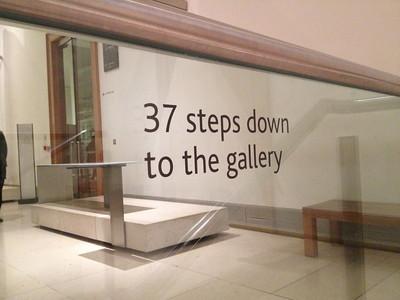
Issues of accessibility of academic conferences for participants with disabilities have become more visible and imperative. Obvious concerns can include: lack of accessibility to the conference venue, inaccessible places for networking and social events; accessibility of accommodation (including affordable accommodation options); support for sign language interpreting, transcription, or audio description; challenges in accessibility of presentation and sessions; additional costs entailed in support requirements; and mentoring of emerging disability scholars.
This focus on accessibility is overdue, yet unsurprising given the rise of disability movements, the expectations set by the 2006 UN Convention on the Rights of Persons with Disabilities, and the emergent scholarship, teaching, and policy, practice, and activist engagement concerning disability in the media and communications research field.
Over the past five years, we have witnessed a flowering of disability and communication scholarship, drawn together in anthologies such as Elizabeth Ellcessor and Bill Kirkpatrick’s collection Disability Media Studies (2017) and Katie Ellis, Gerard Goggin, Beth Haller, and Rosemary Curtis’s Routledge Companion to Disability and Media (2020). Communication and media research have also figured prominently in groundbreaking research on disability in the full range of international contexts, cultures, and languages, such as Shaun Grech and Karen Soldatic’s Disability in the Global South: The Critical Handbook (2016), and Brian Watermayer, Judith McKenzie, and Leslie Swartz’s Palgrave Handbook of Disability and Citizenship in the Global South (2019).
In recent years, IAMCR conferences have included dedicated panels and special sessions on disability, as well as showcasing significant new scholarship. Various IAMCR members have also been engaged in international and national policy on disability and media, including the strategically important areas of new technology such as AI.
Alongside such hopeful and exciting signs of a watershed in disability in our field, there remains deep exclusion, inequality, and obstacles to full participation in academic life and work, including important academic forums such as international conferences.
Given such developments, IAMCR Executive Board has endorsed the development of Conference Accessibility Guidelines. These guidelines are envisaged on the model of the successful example of IAMCR environmental impact guidelines, which provide clear guidance to conference organizers.
A working group has been formed with these initial members: Yolanda Paul (University of West Indies; IAMCR Sections and Working Groups Co-Convenor), Katie Ellis (Curtin), Lorenzo Dalvit (Rhodes), Beth Haller (Towson), and Gerard Goggin (Nanyang; Executive Board liaison).
The working group welcomes any feedback, perspectives, and information. Also it welcomes the participation of any IAMCR members who would like to join the group. Please be in contact with Gerard Goggin <gerard.goggin@ntu.edu.sg>, on behalf of the group.